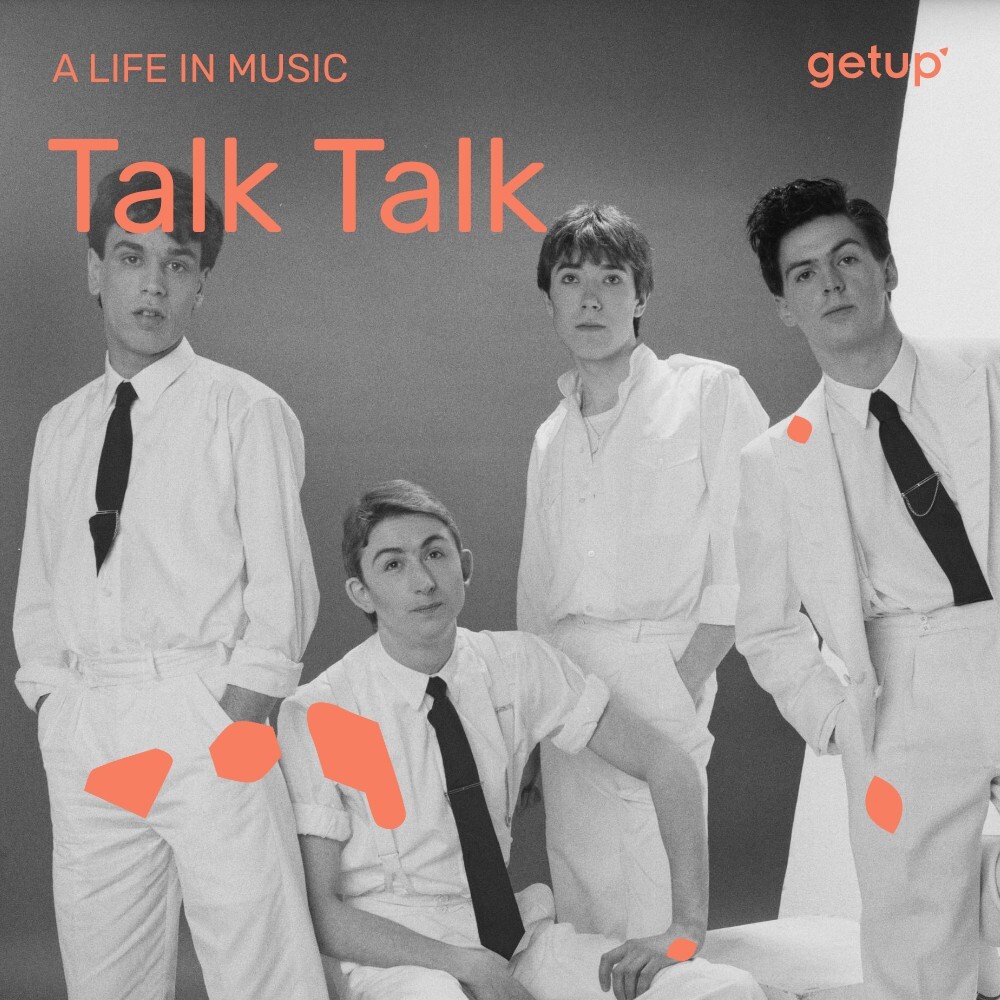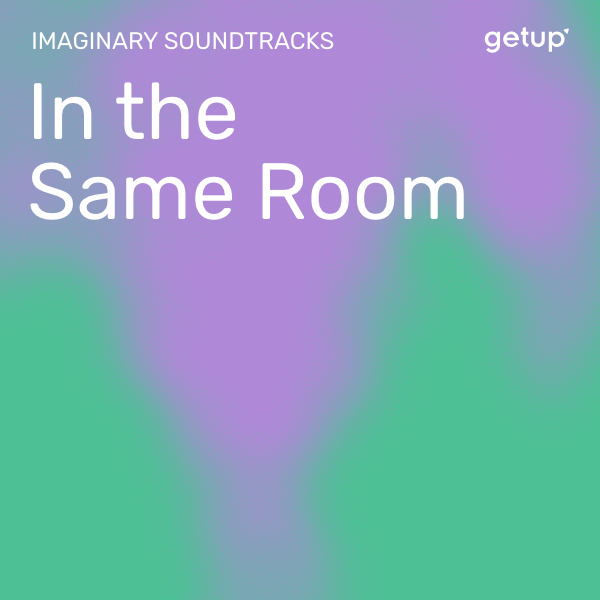We all have a Talk Talk hit in our heads. Memories of parties, car trips, 4am karaoke. This leading band of the 1980s has entered into the collective memory by force of catchy synth-pop anthems that continue to fill radio stations with their melancholic punch. As a result the voice of their leader, Mark Hollis, has something extremely familiar about it. Both powerful and soft, it sometimes sounds like antagonism made flesh. It’s as if, from the release of the 1st, eponymous, album in 1982, that voice was trying to let you know it wasn’t made for the world of showbiz: "The Party’s Over" said the Londoners. And that’s exactly what happened.
Talk Talk is the story of a band that starts out quite jauntily, with songs full of colour, synths, and drum machines, and ends up in monochrome with tracks full of silence, organs, and wind instruments. As well as losing colour, numerically speaking the London quartet also lost it’s members little by little: keyboardist Simon Brenner left after The Party’s Over (1982). As for bassist Paul Webb, he wouldn’t be part of their 1991 swan song, Laughing Stock. Only drummer Lee Harris would stay by Mark Hollis’ side until the end, as did producer Tim Friese-Greene, as indispensable support since It’s My Life (1984).
The turning point was Spirit of Eden in 1988. For their third album, Talk Talk recorded in the dark for months, refused to do any promotion and stopped touring. And above all, they got rid of the synths that had appeared on The Colour of Spring (1986). Mark Hollis didn’t shout about it – unlike Queen who proclaimed ‘No Synthesizers!’ on their covers. He simply wanted to reclaim his ambitions to create timeless music. Gone was the dancefloor pop of Duran Duran, to be replaced by dissonance, minimalist guitars and devastating crescendos. The band was inspired by contemporary music composers (Morton Feldman), jazz improvisers (John Coltrane), sophisticated arrangers (the Miles Davis/Gil Evans pair) and figures on the krautrock scene (Can).
Never in the history of pop music has a band tried so hard to keep quiet, to disappear, to fade away. And yet it’s not uncommon for British bands to want a change. Just think of Radiohead, who went from the formatted rock of Pablo Honey to the electronic experiments of Kid A. But mutations as radical and ambitious as Talk Talk’s are rare. Some have called it ‘commercial suicide’. For Mark Hollis it was just a desire to never repeat himself. The disturbing intro to “Such a Shame”, the trumpet on “Renee” and the languidness of “April 5th” could all be read as signs pointing to the coming silences.
To listen to Talk Talk’s discography is to witness an astonishing sonic stripping. Not exactly sensual, but deeply moving. Driven by James Marsh’s visuals, the band always liked to put animals on stage. On The Very Best of Talk Talk, compiled by EMI without the band’s consent, we see a bird in a cage. On Laughing Stock, the birds are about to migrate and never return. After this record, the band broke up and no longer speak to each other. When Belgian director Gwenaël Breës asked Mark Hollis for permission to use his music for his documentary In A Silent Way, the singer replied ‘no’. It’s as though, like Mozart, he is trying to master the silence that must follow his music.


.jpg)
